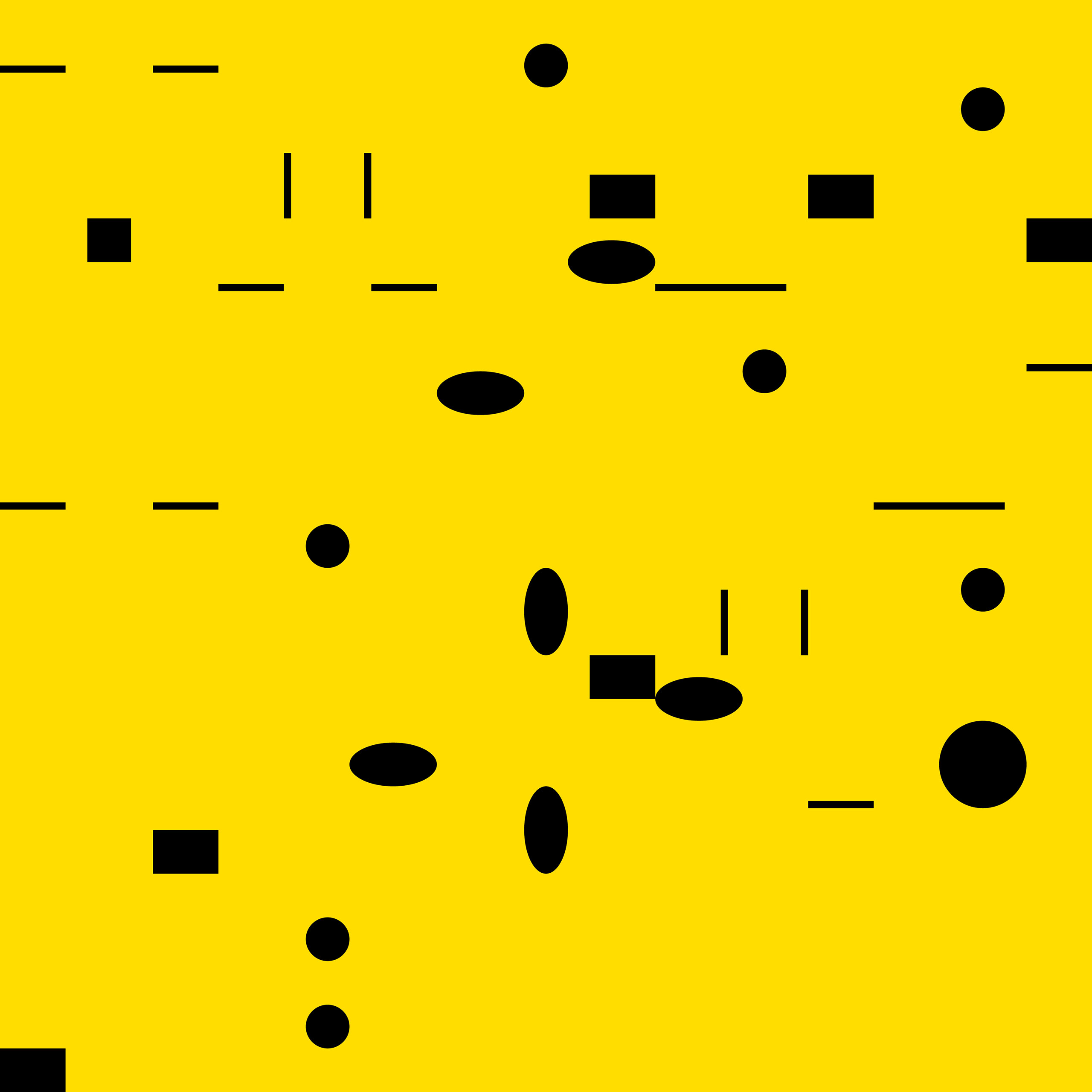Liz Durette is a musician and visual artist, previously based in Baltimore but currently a long-term nomad in the USA. She plays improvised music on electric piano—her stated genre is psychedelic classical. Other than music, she also makes poster art and a TV show called Station Rainbow.
The first section of this piece is working out a pattern of playing a broken line, split between two hands, as a way of playing fast fractured chords in an open structure with a melody sometimes coming through. It feels good to play. Shifts into a few directions. I keep the chords in the center of both hands, which overlap, and use the pinkies to go high and low for the melody and bass. Then it goes, in a similar pattern, downward, chromatic, with the pedal now. Three quarters through then it goes gentle schmaltz to pastoral from there on out.
Any thinking about longform music leads straight to the issues of attention and perception, which is ultimately all you have in life, and so the subject quickly becomes an existential, and by extension, spiritual enquiry. Sorry, haha! It’s heavy but it’s fun, too.
I don’t think anyone should prioritize any length of music, long or short. If the music is good then it’s the right length, and we’re compelled to pay attention. But, when nearly all of us are internet addicts and our attention span is fried, then we’re really limiting our field of perception and might want to reset, so we can be open to listen to everything. That said, listening to lengthy music shouldn’t be a chore either, or a martyr’s act—if music is good then it’s easy to listen to, no matter the length (even if it’s difficult). If it’s no good you should turn it off right away.
I’m happy to contribute to Longform Editions. It’s interesting, because it seems to be addressing the problems which arise because of listening to music online, while itself being an online platform.


